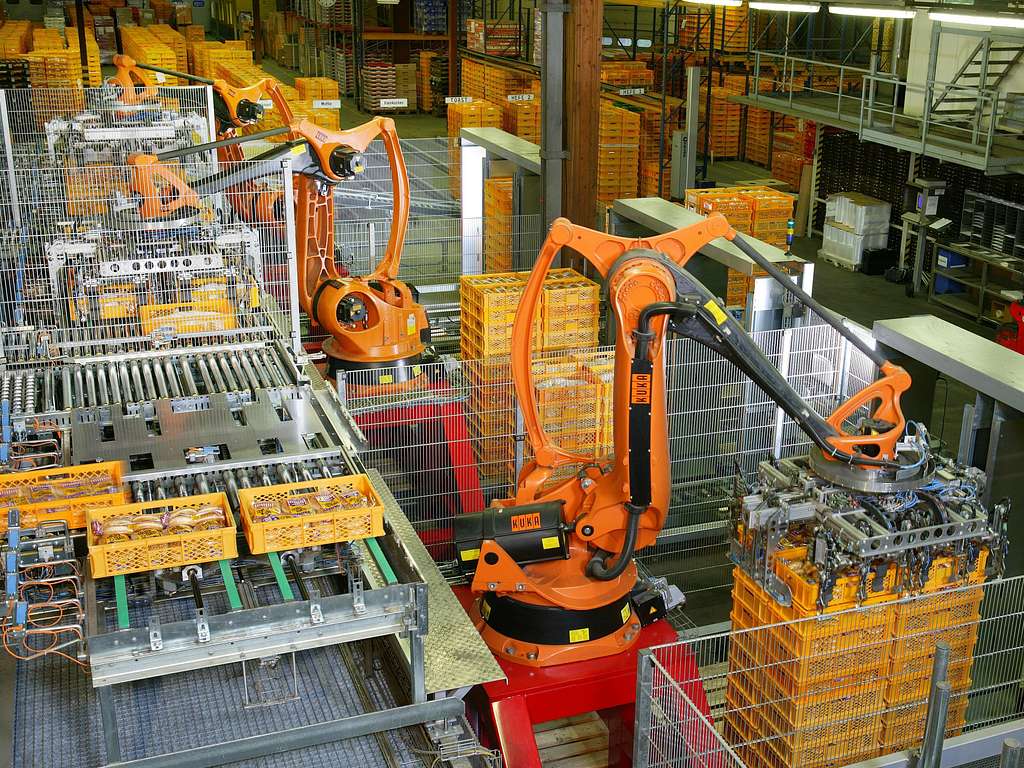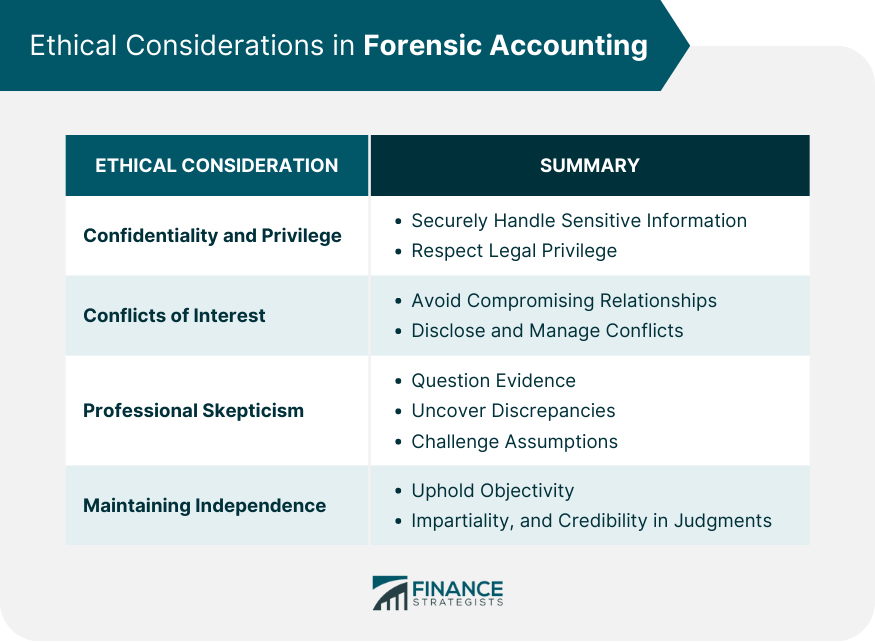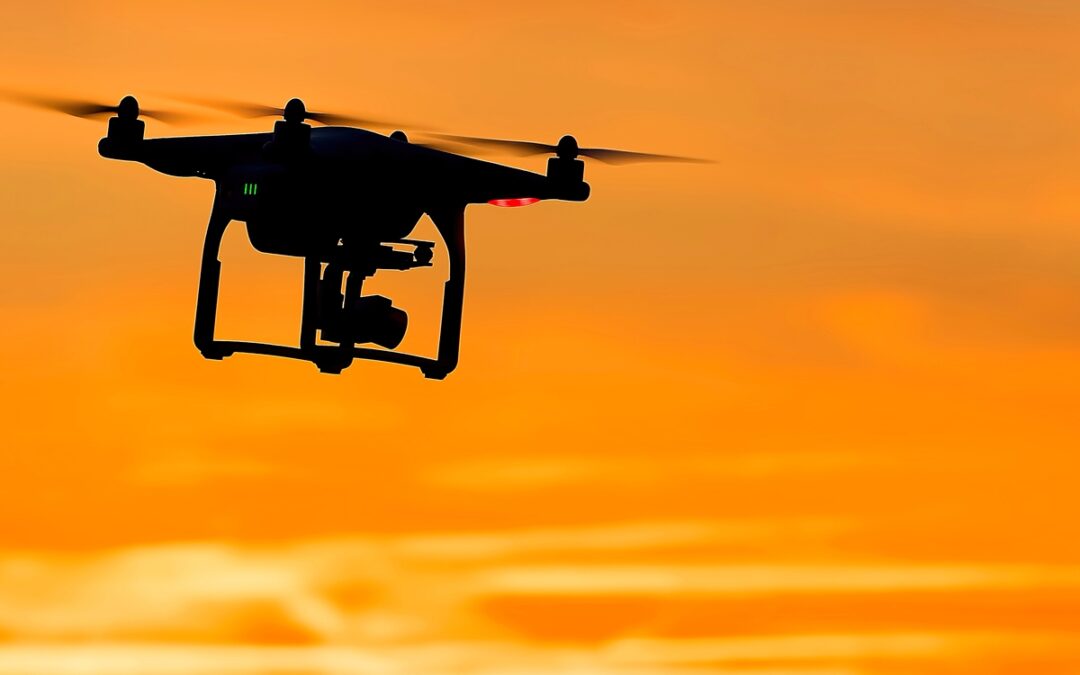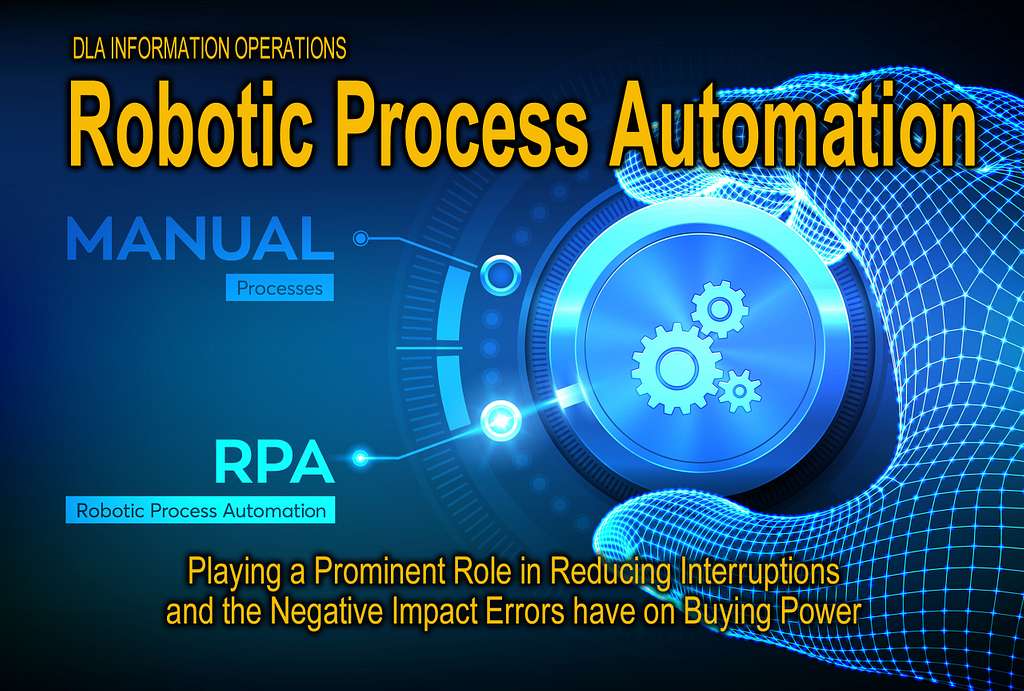
AI is celebrated as one of the most significant technological advancements of our century, capable of revolutionizing industries, enhancing daily life, and boosting productivity. Essentially, artificial intelligence (AI) is the ability of a machine to mimic human intelligence, including cognitive tasks like thinking, learning, problem-solving, and understanding spoken language. This potential opens up an exciting new world of possibilities for individuals, businesses, and researchers alike, promising transformative impacts across various domains.
AI facilitated advancements across various sectors
As we delve into the realm of artificial intelligence, the remarkable advancements it has brought to various sectors are undeniable. In healthcare, for example, AI algorithms can analyze vast amounts of medical data, aiding healthcare professionals in diagnosing diseases more accurately and swiftly than ever before. By processing images, interpreting lab results, and even predicting patient outcomes, AI plays a pivotal role in improving patient care and optimizing treatment plans, enhancing the quality of care and potentially saving lives.
Moreover, AI has revolutionized the marketing and advertising landscape. Businesses can now leverage AI tools to analyze consumer behavior, tailor personalized experiences, and predict market trends with remarkable precision. With machine learning algorithms, companies can sift through mountains of data to uncover patterns that inform strategic decisions. This not only boosts efficiency but also fosters a deeper understanding of consumer needs, enabling businesses to create products and services that resonate more with their target audience.

The manufacturing sector has also seen dramatic changes due to AI. Automation powered by AI technologies has streamlined production processes, allowing for faster assembly lines and more efficient resource management. Companies can achieve higher output with lower costs while maintaining quality standards. As machines take over repetitive and mundane tasks, employees can shift their focus to more creative and strategic roles, enhancing job satisfaction and productivity.
AI brings challenges
Despite these incredible benefits, the rapid growth of AI technologies prompts us to reflect on the implications of such advancements. While the technology promises efficiency and innovation, it also poses a set of challenges that must be addressed proactively. The job market, for instance, is undergoing a significant transformation as AI systems replace tasks traditionally performed by humans. This automation raises crucial questions about the future of work and the skills required in an increasingly AI-driven world.
Organizations implementing AI solutions must consider the impact on their workforce. By 2030, it is estimated that a staggering 30% of tasks currently performed could be automated, which could disproportionately affect marginalized communities. This shift heightens the urgency for businesses to invest in workforce training and upskilling initiatives. The fear of job loss due to automation is palpable, making it imperative for all stakeholders to engage in conversations about preparing the workforce for AI integration.

Additionally, the ethical considerations surrounding AI cannot be overlooked. With AI systems increasingly influencing decisions in hiring, lending, and law enforcement, the prospect of algorithmic bias has emerged as a critical area of concern. AI models are only as good as the data fed into them, and if this data reflects existing societal biases, it can result in perpetuating inequality and discrimination. This situation highlights the necessity for developing transparent AI systems that prioritize fairness and inclusivity.
One of the most concerning potential risks associated with AI is privacy violations. AI systems often require access to vast amounts of personal data to function effectively, raising significant concerns about data security and the protection of individual privacy rights. The lack of clear regulations governing data usage exacerbates these concerns, highlighting the urgent need for comprehensive frameworks that ensure responsible AI practices.
Additionally, the threat of social manipulation through AI algorithms presents a unique challenge. Social media platforms increasingly use AI to curate content feeds, which can lead to echo chambers and the spread of misinformation. The case of Ferdinand Marcos Jr. and the use of TikTok to influence electoral outcomes serves as a cautionary tale of how AI tools can be weaponized in political contexts, underscoring the importance of ethical standards in the development and deployment of AI systems.

The ramifications of AI extend into the realm of national security as well. The development of AI-powered autonomous weapons raises ethical dilemmas about the role of machines in warfare. The potential for autonomous weapons to operate without human oversight presents a terrifying future where decisions of life and death could rest in the hands of algorithms. This scenario not only poses a threat to global stability but also raises fundamental questions about accountability and morality in warfare.
Navigating the complexities of AI requires cultivating a culture of responsible innovation. Engaging in discussions about the ethical implications of AI, advocating for transparency, and ensuring diverse perspectives are considered in AI development are crucial steps toward mitigating the potential risks associated with this revolutionary technology. This collective effort can help us harness the power of AI for the greater good while safeguarding against its dangers.
Balancing innovation with caution
Artificial Intelligence stands at the crossroads of incredible potential and significant risks. As we continue to explore the vast possibilities that AI offers, it is critical to remain vigilant and proactive in addressing its challenges. Embracing conversations about ethics, transparency, and workforce readiness will enable us to navigate the future of AI thoughtfully and responsibly, ensuring it serves as a tool for enhancement rather than a source of peril. The journey ahead is filled with promise, but it requires us to tread carefully, balancing innovation with caution as we pave the way for a sustainable and inclusive technological future.
In exploring the future of AI, it is vital to address the socioeconomic implications that arise from this technological revolution. The widening gap between the tech-savvy and those left behind raises concerns about equity and access to opportunities. As AI becomes more integrated into everyday life, there is a risk that socioeconomic disparities will be exacerbated, further marginalizing already vulnerable communities. Addressing these issues requires concerted efforts from governments, businesses, and educational institutions to ensure that the benefits of AI are distributed equitably and that marginalized groups are not excluded from the opportunities created by this transformative technology.
As we stand at the precipice of a new technological era, fostering a culture of responsible innovation is paramount. Engaging in open dialogues about the ethical implications of AI, advocating for transparency, and ensuring that diverse perspectives inform AI development are critical steps to mitigate potential risks. Collaboration among technologists, ethicists, policymakers, and the public will be essential to navigate the complexities of AI in a manner that maximizes benefits while minimizing dangers.

Despite its unparalleled potential to promote innovation and enhance society, artificial intelligence (AI) carries inherent risks. These range from algorithmic bias and job displacement to moral dilemmas with autonomous weapons and privacy invasions. When utilizing this technology, we must exercise caution and foster an accountable culture that prioritizes morality and strives for just outcomes. By having serious conversations and implementing strong regulations, we can use AI to its full potential while reducing the hazards that come with it. AI has two sides, and it is our responsibility to use it intelligently to advance rather than undermine humanity.
Related posts:
14 Dangers of Artificial Intelligence (AI)
What Is AI’s Place in History? by Carlota Perez
The Hidden Dangers of Artificial Intelligence with Ben Zhao (Ep. 21)




